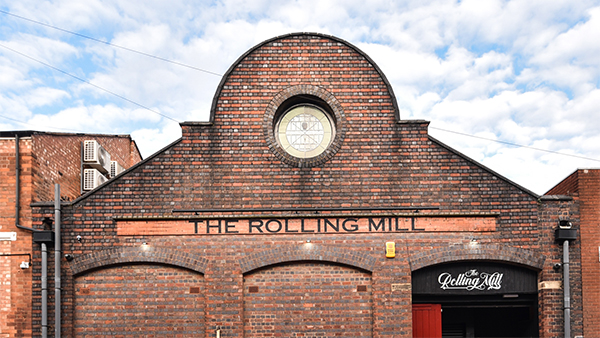Rolling mills have been used for centuries in the metalworking industry to create different shapes and forms of metal. They have evolved throughout the years, becoming more sophisticated and specialized to meet the needs of various industries. One type of rolling mill is the no twist rolling mill, which has proven to be beneficial for producing high-quality finished products.

What is a No Twist Rolling Mill?
A no twist rolling mill, also known as a precision rolling mill, is a specific type of rolling mill that is designed to roll thin or difficult-to-form materials with precision and accuracy. It uses a series of rolls to reduce the thickness of the material while maintaining its shape and surface quality. Unlike traditional rolling mills, the no twist rolling mill does not use any twisting forces, resulting in a more uniform and predictable material reduction process.
Benefits of No Twist Rolling Mills
1. Improved Material Quality
The no twist rolling mill has been found to improve the quality of materials produced. The reduction of force and twisting pressures prevents damage to the material's surface, resulting in a smoother and more consistent finish. This is particularly beneficial for thin or difficult-to-form materials, which may be prone to surface defects or inconsistencies during the rolling process.
2. High Precision and Accuracy
Due to its design, the no twist rolling mill offers a high level of precision and accuracy during the rolling process. The lack of twisting forces ensures that the material maintains its shape, allowing for more precise control over the final product. This makes it a suitable choice for creating intricate shapes or precise dimensions.
3. Increased Efficiency
The no twist rolling mill is designed to increase efficiency in the manufacturing process. The machine can roll materials at a faster rate compared to traditional rolling mills, resulting in higher production rates per unit of time. Additionally, the reduced need for material rework due to surface defects or inconsistencies means that overall production time and costs are reduced.
4. Versatility
No twist rolling mills are versatile in their application, making them suitable for a range of materials and end-products. They can process metals, alloys, and plastics, and are commonly used in industries such as automotive, aerospace, and construction. This versatility makes no twist rolling mills a valuable investment for companies looking to enhance their production capabilities.
Conclusion
No twist rolling mills are a specialized type of rolling mill designed to produce high-quality and precise materials. Their unique design and application offer a range of benefits, including improved material quality, high precision and accuracy, increased efficiency, and versatility. As industries continue to evolve, the use of no twist rolling mills is likely to grow, providing an efficient and effective solution for the production of high-quality finished products.